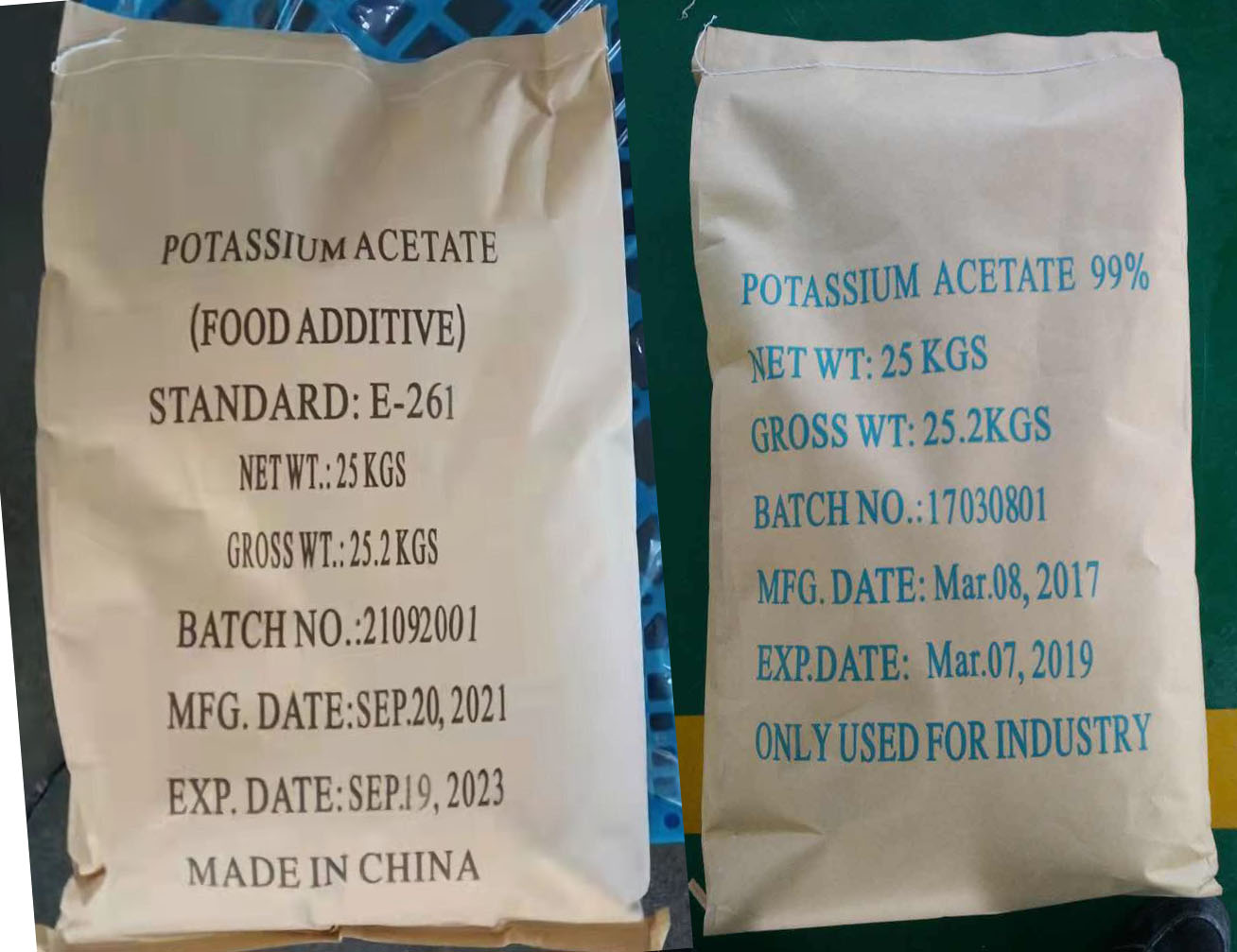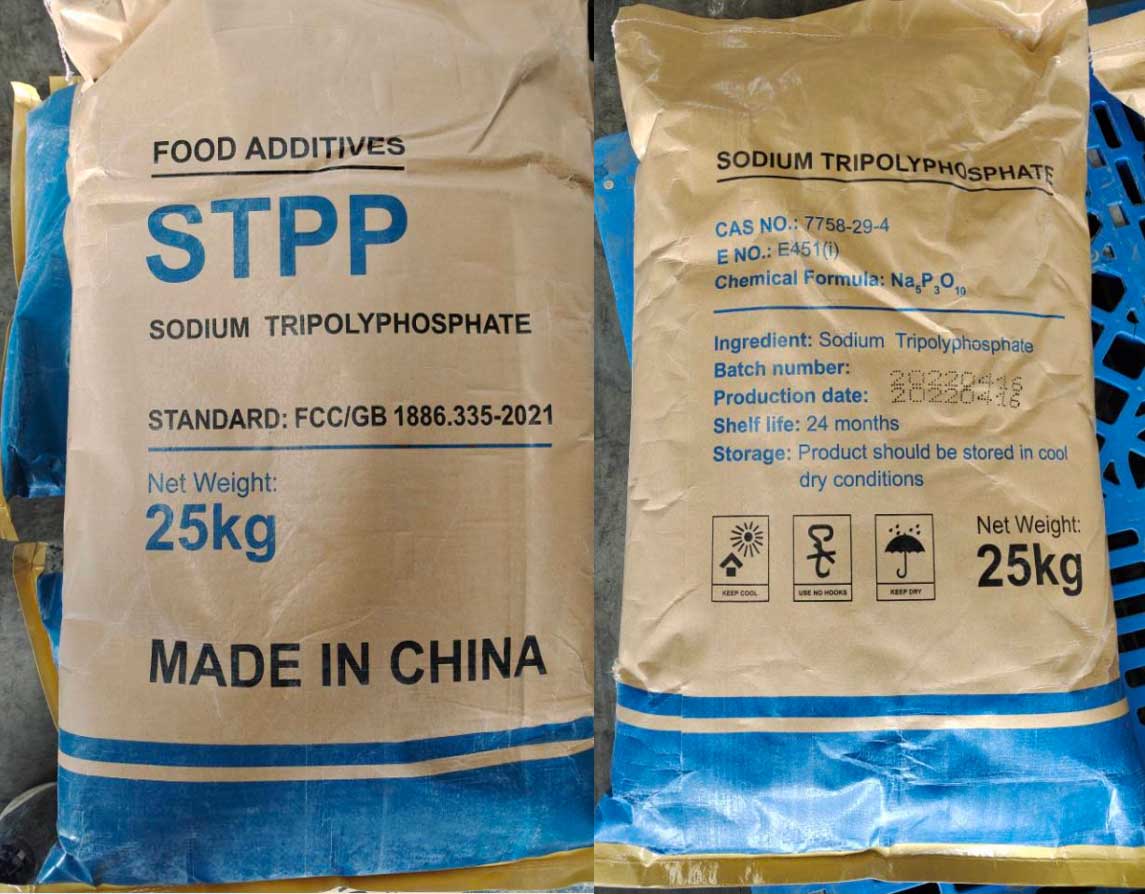Performance of Potassium Acetate as a Leaf Fertilizer
Potassium acetate (KCH₃CO₂) is an effective source of potassium, and its use as a foliar (leaf) fertilizer can offer several benefits to plants. Foliar application involves spraying a fertilizer directly onto plant leaves for rapid nutrient absorption, bypassing the soil. Potassium is an essential macronutrient that plays a crucial role in several plant functions, and potassium acetate, as a foliar fertilizer, can have the following performance characteristics and advantages:
1. Rapid Uptake of Potassium
High Solubility: Potassium acetate is highly soluble in water, which means it can be quickly absorbed by plant leaves when sprayed. The high solubility allows for efficient potassium uptake, providing an immediate source of nutrition for the plant.
Quick Response: Since potassium acetate is quickly absorbed through the stomata (tiny pores on the leaf surface) and leaf cuticle, plants show a rapid response to the foliar application. This is particularly useful in situations where plants are experiencing potassium deficiencies or need a quick boost during critical growth stages.
2. Enhanced Plant Growth and Yield
Improved Photosynthesis: Potassium plays a vital role in photosynthesis by activating enzymes involved in the production of sugars and starches. Foliar application of potassium acetate can increase photosynthetic efficiency, resulting in better plant growth and higher yields.
Cellular Regulation: Potassium helps regulate cell turgor (the pressure within plant cells that maintains their structure), which contributes to better water retention and stress resistance. Potassium acetate as a foliar spray can enhance cell function and overall plant vitality.
Fruit and Seed Quality: Potassium is essential for the development of high-quality fruits and seeds. Foliar potassium acetate application has been shown to improve fruit size, color, sugar content, and overall quality, particularly in crops like tomatoes, cucumbers, peppers, and fruiting vegetables.
3. Better Stress Tolerance
Enhanced Drought Resistance: Potassium improves the plant’s ability to manage water stress, particularly by regulating stomatal opening and closing. Foliar potassium acetate helps plants maintain better water use efficiency and increases their resistance to drought conditions.
Cold and Heat Tolerance: Potassium is known to increase the plant’s tolerance to both cold and heat stress by improving membrane stability and cellular water regulation. Potassium acetate applied to leaves can help plants withstand temperature fluctuations and improve resilience in extreme weather conditions.
4. Chloride-Free and Reduced Salt Stress
No Chloride Risk: Unlike potassium chloride (KCl), potassium acetate does not introduce chloride ions, which can be harmful to some plants, particularly those sensitive to chloride, such as tobacco, potatoes, and certain vegetables. As a chloride-free potassium source, potassium acetate helps prevent salt toxicity, making it ideal for crops that are sensitive to salinity or those grown in salt-affected soils.
Reduced Salt Build-Up: The use of potassium acetate as a foliar fertilizer reduces the risk of soil salinity build-up, especially in areas with limited irrigation or when using high-salinity water.
5. Improvement in Fruit Ripening and Quality
Faster Ripening: Potassium acetate can accelerate the ripening process of fruits by facilitating the translocation of sugars and other nutrients from the leaves to the fruits. This can result in faster ripening and a better harvest, especially for crops like tomatoes, peppers, and melons.
Better Fruit Quality: Potassium is essential for the accumulation of sugars in fruits, improving flavor and texture. Foliar potassium acetate application has been shown to improve the sweetness, color, and overall quality of fruits, which is important for both market value and consumer satisfaction.
6. Reduced Toxicity and Safe for Sensitive Crops
Low Toxicity: Potassium acetate is relatively non-toxic compared to some other potassium salts, making it a safer option for foliar application. It is less likely to cause leaf burn or damage, even when applied in higher concentrations, as long as the recommended application rates are followed.
Non-Phytotoxic: Research has indicated that potassium acetate is non-phytotoxic (not harmful to plant tissues) when used at proper concentrations. This makes it suitable for use on a wide variety of crops, including sensitive plants, without the risk of leaf scorch or damage.
7. pH Neutrality and Compatibility with Other Fertilizers
Neutral pH: Potassium acetate is relatively pH-neutral, which makes it compatible with most other fertilizers and plant nutrients. It can be mixed with other nutrient solutions or foliar sprays without causing undesirable pH fluctuations that could affect nutrient uptake.
Compatibility with Micronutrients: Potassium acetate can be used in combination with other micronutrient sprays like magnesium, calcium, or trace elements, improving the overall nutrient uptake and reducing the risk of deficiencies.
8. Environmental and Soil Health Benefits
Minimal Environmental Impact: Potassium acetate, being a weak acid, does not significantly lower the pH of soils. It is more environmentally friendly compared to other potassium fertilizers like potassium chloride, which can contribute to soil salinity and environmental degradation.
Reduced Risk of Leaching: As a foliar fertilizer, potassium acetate reduces the potential for nutrient leaching into the groundwater, which is a common issue with soil-applied fertilizers. This targeted nutrient delivery method is more efficient and sustainable.
9. Efficient Use in Precision Agriculture
Foliar Spray in Precision Farming: Potassium acetate is particularly useful in precision farming, where nutrients are applied efficiently to specific parts of the crop through advanced spraying techniques like drone-assisted application or smart irrigation systems. This ensures that the right amount of potassium is delivered at the right time, improving both crop productivity and resource efficiency.
Conclusion
Potassium acetate is a highly effective and efficient foliar fertilizer that provides potassium to plants in a form that is readily absorbed by the leaves. Its use enhances plant growth, improves stress tolerance, increases fruit and seed quality, and helps maintain plant health under challenging environmental conditions. It is especially beneficial for chloride-sensitive crops and in scenarios where rapid potassium uptake is required. As a foliar fertilizer, potassium acetate offers a fast and effective way to address potassium deficiencies, improve crop yields, and maintain high-quality produce.




